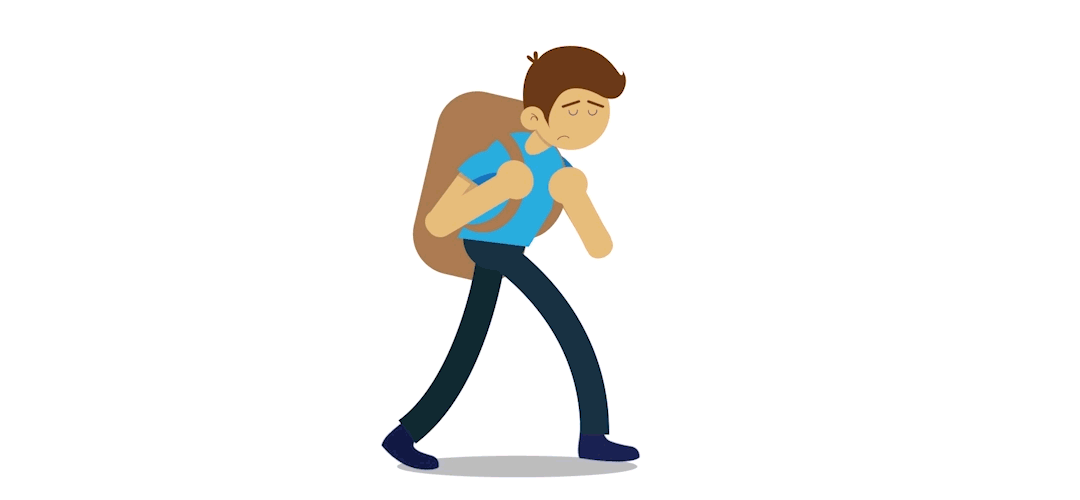
12202 views
by Dr.Meghna varma
Mental Health in Adolescents & Young Adults
Life of young adults is like a rollercoaster with many physical changes & emotional highs & lows. Being moody, dramatic & dificult are hallmark signs of adolescence. However, some young adults may experience serious mental & emotional stressors that go well beyond the stereotype.
Young adults may experience two types of mental health issues based on whether they internalise or externalise their emotions & frustrations. Individuals who internalise tend to develop depression, anxiety or eating disorders; Those who externalise their troubled states are likely to be affected by attention-decit hyperactivity disorder, alcohol or drug abuse.
WHO reveals that 10-20% of adolescents & young adults experience mental health issues. Hold of all mental disorders tend to begin by the age of 14 & three quarters by mid-20s.
Boosting mental wellbeing in Adolescents & Young AdultsLetting your child know how much you love, care & trust him or her is the single most important thing you can do during their adolescent years. How teenagers feel about themselves depends to a large extent on how their parents treat them.
Here are a few ways parents can promote strong mental health in their children
Physical health also plays a major role in strong psychological health.
Exercise & Food
Physical activity & food can impact both mental & physical health. Diets high in fat & sugar can adversely affect mood, concentration & mental health.Exercise releases feel good hormones that can help relax muscles & control breathing.

Lots of sleep
Good quality sleep is critical for mental health. Adolescents need at least 8 to 10 hours of sleep but thanks to social media, gaming & general use of electronic devices, kids can hardly manage 8 hours. Set a bedtime routine by turning off all electronic devices at least an hour before sleep.

Relationships & Social Interactions
Spending quality time with family & friends plays a vital role in mental wellbeing. Make sure they get to spend adequate time with people they love. During this age, breakups can trigger depression & anxiety. It is important to seek the support of loved ones who can keep them away from drugs & alcohol.

Dealing with Stress
Young adults tend to experience a lot of stress as a result of exams, peer pressure, sports commitments, managing friends & romantic relationships and life in general. Encourage your young ones to explore relaxation techniques like yoga & breathing exercises. Practicing mindfulness too can be a great way to learn to chill out and take things easy.



